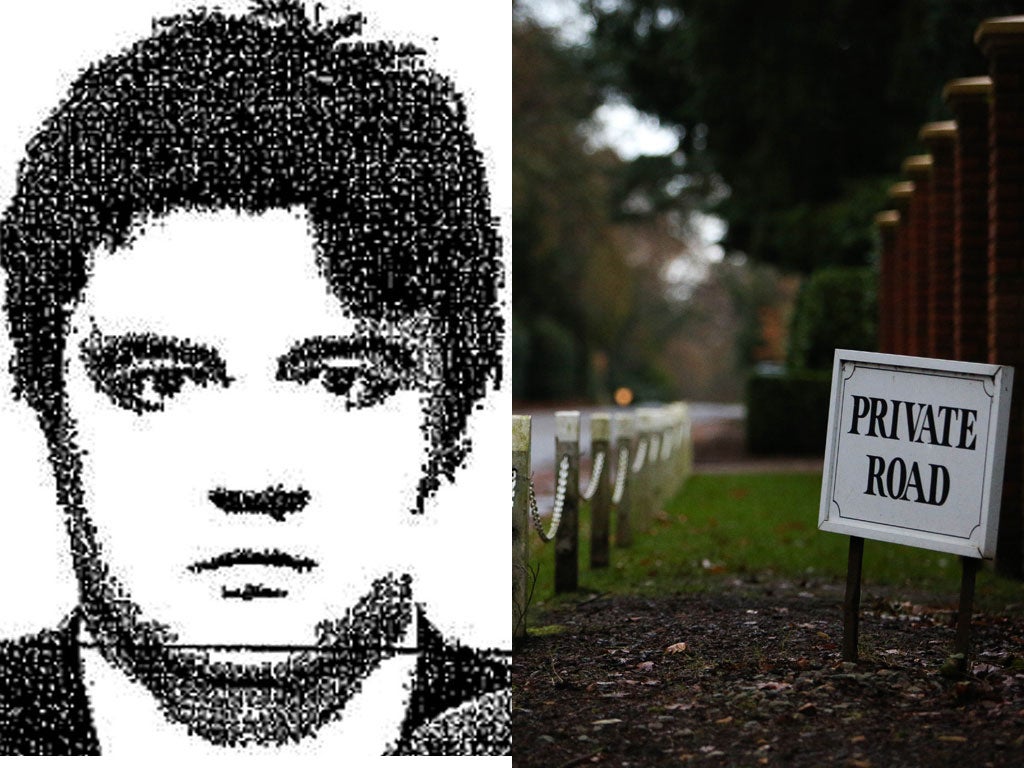Swiss prosecutors say death of Russian whistle blower will not derail huge fraud investigation
Alexander Perepilichnyy, a 44-year-old businessman who left Russia three years ago, was found dead outside his luxury mansion on an exclusive private estate in Surrey two weeks ago

Your support helps us to tell the story
From reproductive rights to climate change to Big Tech, The Independent is on the ground when the story is developing. Whether it's investigating the financials of Elon Musk's pro-Trump PAC or producing our latest documentary, 'The A Word', which shines a light on the American women fighting for reproductive rights, we know how important it is to parse out the facts from the messaging.
At such a critical moment in US history, we need reporters on the ground. Your donation allows us to keep sending journalists to speak to both sides of the story.
The Independent is trusted by Americans across the entire political spectrum. And unlike many other quality news outlets, we choose not to lock Americans out of our reporting and analysis with paywalls. We believe quality journalism should be available to everyone, paid for by those who can afford it.
Your support makes all the difference.Prosecutors in Switzerland say the sudden death of a Russian whistle blower who was helping them uncover a money laundering network will not derail their investigation.
Alexander Perepilichnyy, a 44-year-old businessman who left Russia three years ago, was found dead outside his luxury mansion on an exclusive private estate in Surrey two weeks ago.
The Independent revealed today that he was helping investigators uncover a network of Swiss bank accounts that were used by Moscow tax officials who became incredibly wealthy in the immediate aftermath of an enormous fraud that cost Russian tax payers £230m.
In a statement the Swiss Attorney General’s office told The Independent that the investigation remained on-going and that prosecutors were “still hearing [from] different witnesses”.
“Concerning the death of Mr Perepilichnyy and its consequences on the criminal proceedings, we'd like to stress that our strength resides in our ability to minimise the influence of such a regretful event on our investigation,” the statement read. “A good cooperation with other judicial authorities is also essential to carry on our investigation efficiently.”
The statement added: “In the course of the investigation, the [Office of the Attorney General] has ordered several Swiss bank accounts blocked and the flow of suspicious assets was analyzed. The investigation is continually turning up new findings that require additional examination. No further information is being provided at present in order not to prejudice the ongoing investigations.”
Prosecutors have however confirmed that Russia had requested updates on the investigation through a mutual legal assistance request – a mechanism by which countries officially ask for information from police for on-going investigations. The revelation could indicate that Russian police are looking to open their own investigation into allegations of money laundering but given the country’s historical refusal to go after those responsible for Russia’s largest declared tax fraud it might seem unlikely.
Mr Perepilichnyy brought Swiss prosecutors a treasure trove of information earlier this year which is showed how a number of tax officials in Moscow used shell corporations and Swiss bank accounts to move millions of dollars and pay for luxury properties in Dubai and Montenegro.
Months earlier the same officials approved of a £230m tax rebate for a company that was once owned by Hermitage Capital Management, a British investment fund. Ownership of the subsidiaries of Hermitage had been illegally transferred using stolen corporate seals months before the tax rebate was applied for. The money disappeared into a little known Moscow bank which was liquidated soon afterwards.
Sergei Magnitsky, a Russian lawyer, was hired by Hermitage to investigate the scam. After months of forensic examinations he publicly pointed the finger of blame at a network of Russian Interior Ministry officials and underworld figures. Rather than investigate the fraud, police arrested Magnitsky and handed him over to the very men he had accused. He died nine months later in November 2009 after months of brutal treatment and deliberately withdrawn medication.
The case has since become a major source of international embarrassment for Russia as well as generating anger at home over corruption and corporate criminality. A new law in the United States which is named after Magnitsky and calls for visa bans on officials involved in his death is expected to be approved soon after it was voted overwhelmingly for by lawmakers.
Join our commenting forum
Join thought-provoking conversations, follow other Independent readers and see their replies
Comments